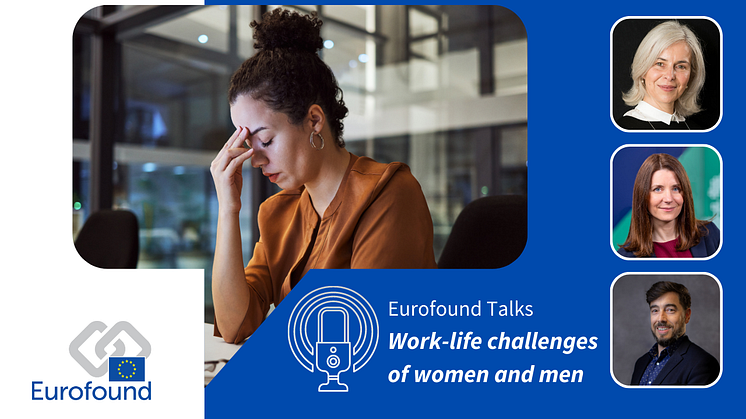
News -
Women over 3 times more likely to suffer from unwanted sexual attention than men at the workplace
Women in the EU are 3.6 times more likely to suffer from unwanted sexual attention than men, with the likelihood of a young woman (18–34 years) reporting unwanted sexual attention three times higher than men of the same age, and 10 times higher than the oldest group of men (50+ years). This problem is even more acute for frontline workers, according to the most recent data.
The proportion of workers exposed to adverse social behaviour in the workplace is detailed in a new analysis from Eurofound, based on the 2021 European Working Conditions Telephone Survey.
The situation with regards to unwanted sexual attention is particularly acute for frontline workers. Healthcare workers reported up to three times higher levels of unwanted sexual attention than the EU average (5.7% compared with 1.7%). To put this in perspective, just 0.3% of information and communication professionals reported unwanted sexual attention.
Overall, women and frontline workers are most exposed to the risks of adverse social behaviour at work, such as burnout, exhaustion, anxiety and depression. Adverse social behaviour can refer to instances of bullying, harassment, violence, verbal abuse or threats, and unwanted sexual attention.
The analysis from Eurofound emphasises that adverse social behaviour at work poses a significant risk to workers’ health and well-being. It can have a long-term impact on individuals, with the effects potentially lasting for years after the initial incident, and may also affect their families, co-workers, employers and wider social circles in general.
Read the analysis in full:
More information:
- Data visualisation: European Working Conditions Telephone Survey 2021
- Topic page: Gender equality




